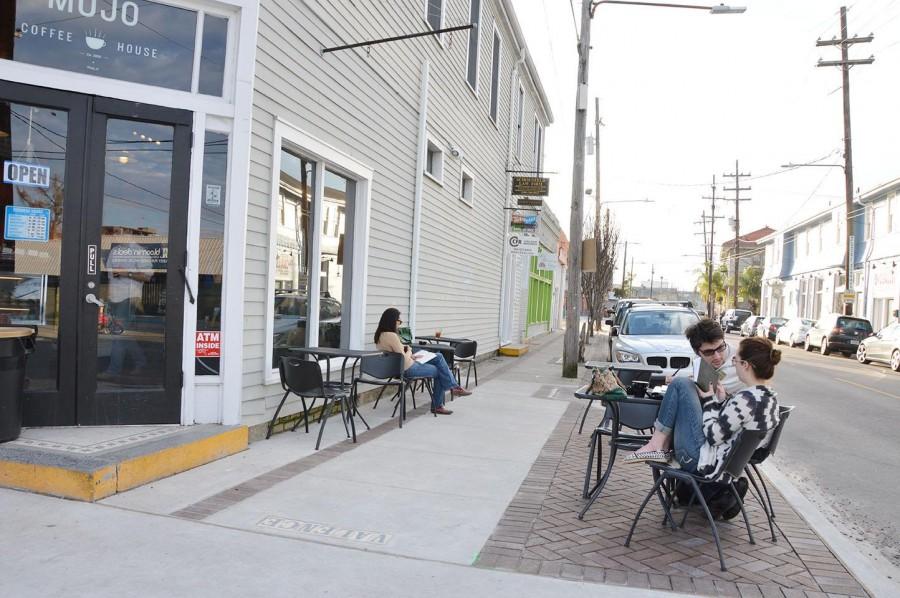A prostitute named Passion and a crazy cat lady that live down the street are just two of the interesting characters that frequently pass philosophy senior and editorial editor for The Maroon Jessica DeBold’s Freret neighborhood.
However, when a man was gunned down on Jan. 9 in the 4500 block of S. Robertson Street, just three blocks away from DeBold’s house, it’s easy to see how quickly things can go from being interesting to terrifying.
“My roommates were able to see the police cars gathering on the block that night from our balcony,” DeBold, said. “It didn’t really hit me until I woke up the next morning and read about it on the Internet. I realized, ‘Hey, there was a murder down the street.'”
In a press release issued by the New Orleans Police Department, around 9:15 p.m. on the night of Jan. 9, NOPD officers were called to investigate a “man down” in the front yard of a residence.
When officers arrived, they found the unresponsive victim had been shot multiple times and later pronounced him dead on the scene.
The Freret neighborhood, which is home to several small businesses and eateries, has become very popular among Tulane University and Loyola students, but when something like a murder takes place so close to home, some students become wary.
Despite the murder, Sam Winstrom, A’13 and employee at a Freret Street restaurant, said he doesn’t think the area is particularly dangerous in comparison to the rest of the city.
He has, however, had a close encounter while biking from Loyola to his job on Freret Street.
“I was stopped once and was almost mugged, but I didn’t have anything on me. I don’t think I even had my phone on me. So, I kind of just moved on,” Winstrom said.
DeBold said she remembers an incident that occurred late one night last year while she was home alone.
“I heard this man screaming outside of my house. It was cold outside that night and he wasn’t wearing a jacket or anything – he was just screaming ‘hey’ at the top of his lungs,” DeBold said.
Loyola criminology professor, George Capowich, who has an expertise in community policing, said he doesn’t consider the neighborhood to be a crime hot spot, which is a location with consistently high incidents of crime and violence.
“That area of Freret is not and hasn’t been a hotspot,” Capowich said. “Now, that doesn’t mean stuff won’t happen. I think if you go closer toward the downtown section of Freret, down further on Louisiana Avenue, that area’s much more active in terms of criminal activity.”
However, he warns that just because the Freret neighborhood isn’t considered a crime hot spot now, doesn’t mean it doesn’t have the potential to become one in the future.
“What could happen is that as that area becomes more and more popular, there will potentially be more targets on the street,” Capowich said. “People might get robbed or assaulted, or something along those lines. Pedestrian traffic could increase the chance that something will occur, because it’s drawing people to the area.”
DeBold has taken some safety precautions of her own since the murder by keeping her bike lights on and sticking to streets she knows will be well lit. She claims that it also doesn’t hurt to take a route with more car traffic.
“As far as I know, I don’t know of anything sketchy going down except for late at night,” DeBold said. “When the streetlights are out, the little creatures will come out and do their dirty work.”
Nia Porter can be reached at naporter@loyno.edu









